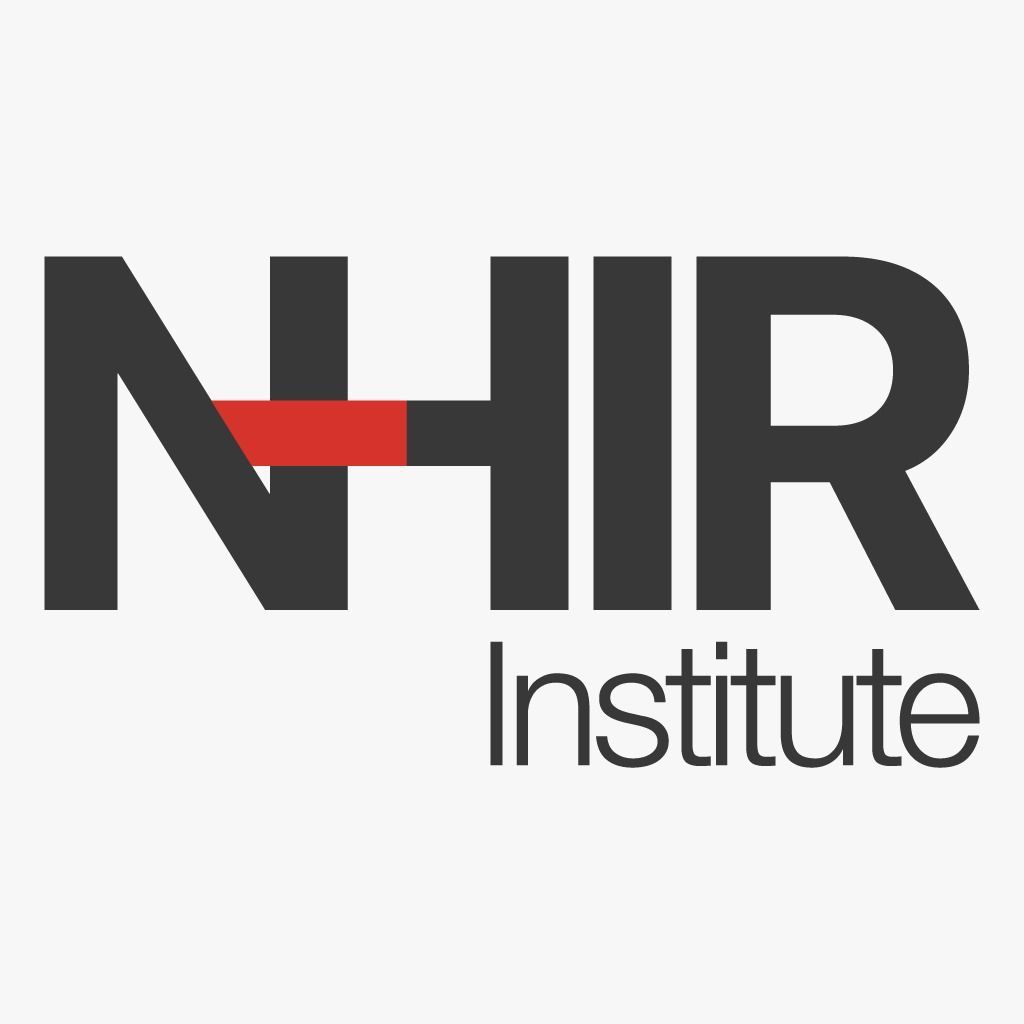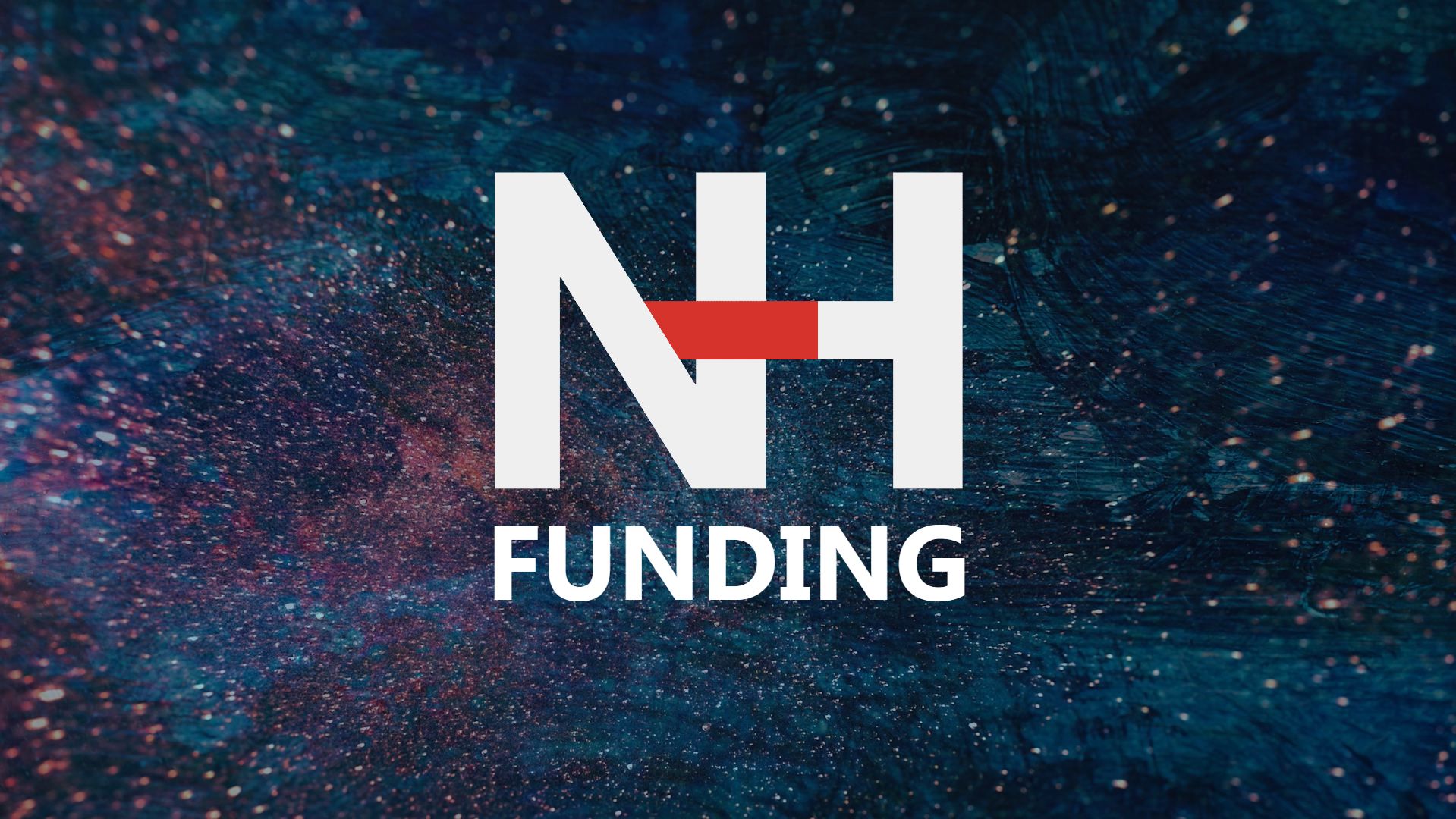NHIR Institute Projects
NHIR Institute projects will involve collaborating with researchers and scientists worldwide to advance our understanding of Unidentified Anomalous Phenomena (UAP) linked to non-human intelligence.
Our focus is to collaborate with those professionals, interested parties and organisations that share a commitment to draw on our learnings to contribute to solutions for the many challenges facing our planet.
While our core focus is on advancing research through credible data, we welcome and appreciate the information presented from studying personal testimonials and experiences.


Expeditions
The NHIR Institute supports expeditions that collect vital, on-the-ground data on Unidentified Anomalous Phenomena (UAP) and Non-Human Intelligence, ensuring that empirical research informs robust scientific insights and policy development.
A DECADES SPANNING DIGITAL ARCHIVE

The Basterfield/Chalker Archives
The NHIR Institue is excited to be working with Keith Basterfield and Bill Chalker to digitise and present a searchable online archive of their decades of study into UAP. This decades spanning catalogue has been connected with the latest in AI search technology to provide unprecedented access to their lifes work.

The Advena Project
The NHIR Institute will build cutting edge observation facilities to systematically detect Unidentified Anomalous Phenomena (UAP).
We will bring you more news of The Advena Project progress later in 2024.

UAP Interparliamentary Alliance Initiative
The UAP Interparliamentary Alliance is an emerging initiative aimed at fostering global collaboration and transparency in the study and understanding of Unidentified Anomalous Phenomena (UAP). This alliance will bring together parliamentarians from across the globe to engage in open dialogue, share knowledge, and develop cohesive strategies to address the complex and multifaceted nature of UAP.

Project Funding Opportunities
The Non-Human Intelligence Research Institute (NHIRI) is offering funding opportunities for innovative projects aimed at advancing the understanding of non-human intelligence phenomena. We are seeking proposals that produce credible scientific data, develop cutting-edge hardware or software, and further both theoretical and practical knowledge in this field. NHIRI prioritises projects that demonstrate scientific rigor, generate empirical data, and have a clear plan for publication. We are particularly interested in innovative, interdisciplinary approaches with strong potential for impact, ensuring feasibility with attainable goals and significant contributions to the broader scientific and policy landscape.